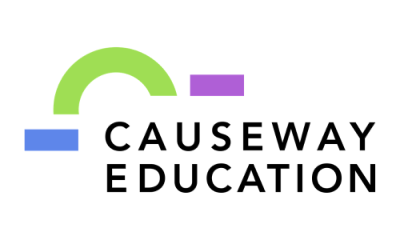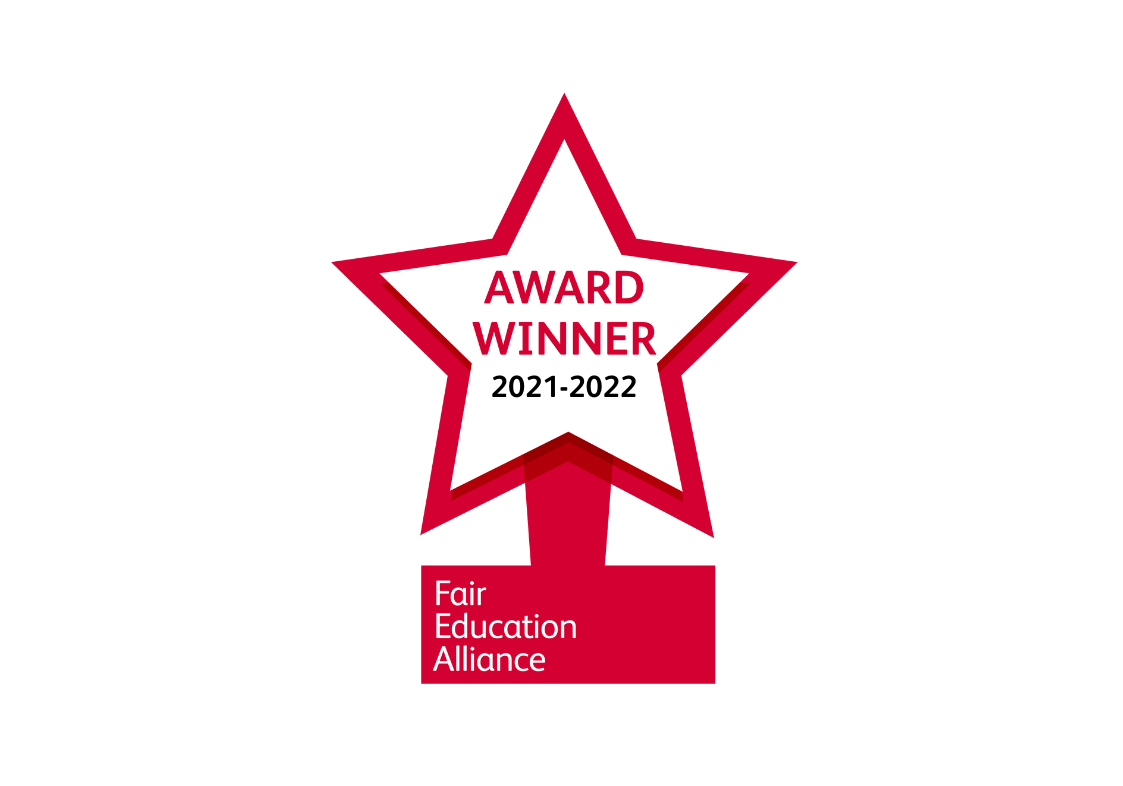Putting users at the heart of what we do
/Ed Penn, who looks after the development of OSCAR, our online system that helps students write outstanding personal statements, reflects on a fascinating project that looked deeply at how users interact with technology, and how simple changes can make massive improvements.
OSCAR is one of the main ways we help students - it guides young people step-by-step through the often-difficult process of writing their personal statement. We know it’s effective: when we worked with the Sutton Trust to look at what makes a successful personal statement, we found that students who follow the approach outlined in OSCAR produce applications that are demonstrably better, and that a better application makes students more likely to get offers from top universities.
But we also know OSCAR’s personal statement tool isn’t perfect - writing the personal statement is a complicated process, and feedback from schools we work with sometimes suggested that students struggle to follow it. Rather than make changes unilaterally, we wanted the people who used it – young people – to be part of the design process.
Late last year we secured funding from Innovate UK, a public body that promotes human-centred design. We asked Innovate to help fund a design consultant to test young people’s views, learn more about what they needed, and test out ways to improve the design of OSCAR’s personal statement tool.
So in the three months from January to March, we worked with Rachel Smith to learn about student views and what to do to make improvements to OSCAR. Rachel is a user experience expert, and has worked with a variety of young people’s organisations to improve their digital engagement, and suggested we first test the platform as it stands to find out what really mattered to students. So we visited Cambridge Regional College, Herne Bay High School in Kent, and Brimsham Green School near Bristol, where we spoke to 19 students about their experiences of using OSCAR.
From our testing we could see straight away what needed to change. Students wanted lots more information about each stage of the writing tool – they were unsure what they were meant to be aiming for. They wanted the design of some pages to be simpler to make clear where they should enter information and discuss their work. And they wanted to be able to move around the tool more easily with more flexible navigation.
Taking that insight on board, Rachel, with our in-house team, built several prototypes that reflected what we’d heard. It wasn’t completely different – we knew that the current OSCAR structure does improve student writing. Instead, it aimed to clarify and simplify what young people were being asked to do.
Having sketched these prototypes out, we went back to see what young people made of the changes. We visited Long Road Sixth Form in Cambridge, Mildenhall College Academy in Suffolk, and Mascalls Academy in Kent, and asked students whether our changes matched their preferences.
Most of what we’d designed was better, some wasn’t – but crucially, we now know exactly what students want from OSCAR. Being able to get this level of insight is incredibly valuable, and means we’ll be able to make changes that will really benefit those we want to help most - young people.
We’ll make these changes to OSCAR in the next few months. They’ll be complete in time for the new academic year starting in September, and should help young people work their way through OSCAR with much less support.
As an organisation we’re always trying to do the thing that works, not the thing that’s easiest – which includes recognising when our own work can be better. We’re looking forward to making the personal statement tool more accessible for everyone.








